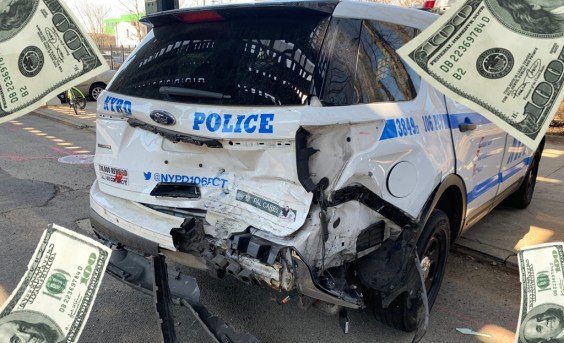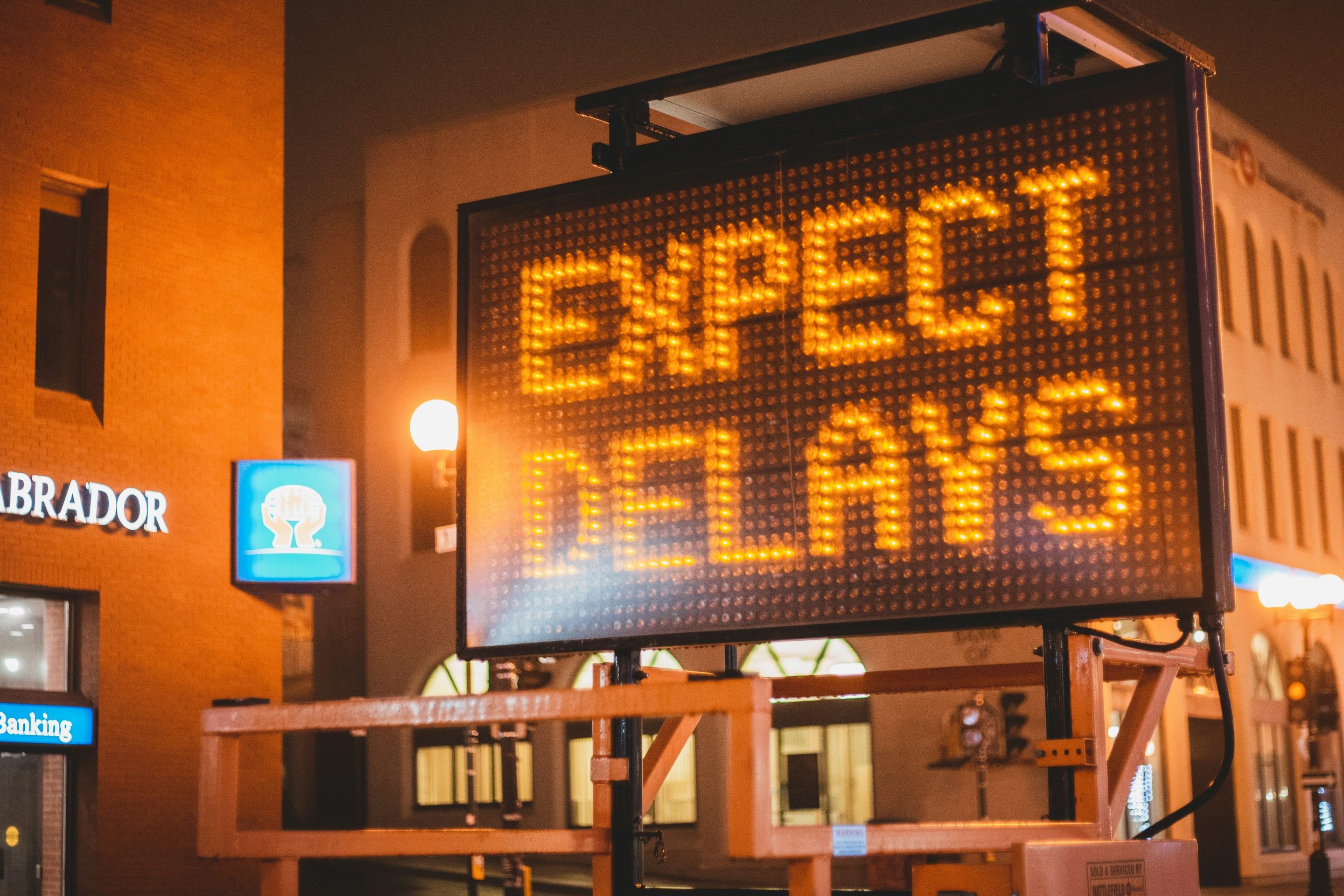Federal Transit Administration
Report: Bush-Era Transit ‘Cost-Effectiveness’ Rule to Cost Charlotte $67M
Stay in touch
Sign up for our free newsletter
More from Streetsblog USA
Car Crashes by City Workers Cost NYC Taxpayers $180M in Payouts Last Year: Report
A record number of victims of crashes involving city employees in city-owned cars filed claims in fiscal year 2023 — and settlements with victims have jumped 23 percent, a new report shows.
Tuesday’s Headlines Are Driving Inflation
Driving — specifically, the cost of car ownership — is one of the main factors behind inflation, according to the Eno Center for Transportation.
SEE IT: How Much (Or How Little) Driving is Going on in America’s Top Metros
Check it out: The lowest-mileage region isn't the one you'd think.
Monday’s Headlines Bring Another Setback
The Biden administration's new rule requiring states to report their greenhouse gas emissions from transportation was dealt another blow when the Senate voted to repeal it.
‘The Bike Is the Cure’: Meet New Congressional Bike Caucus Chair Mike Thompson
Meet the incoming co-chair of the congressional bike caucus — and learn more about how he's getting other legislators riding.





